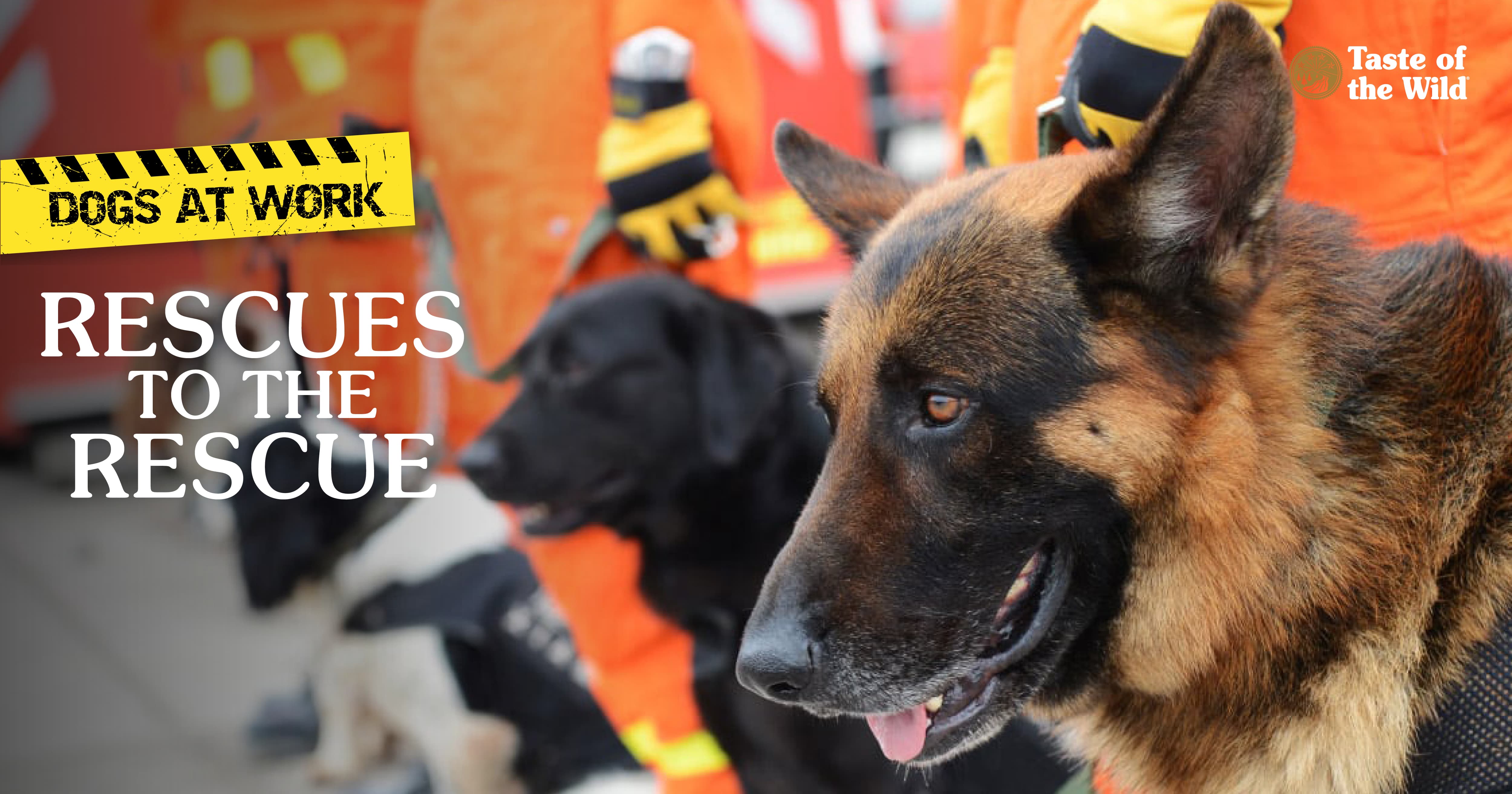
Most people visit the rescue shelter in search of their perfect canine or feline counterparts. A dog who shares your love of popcorn while you binge-watch the latest Netflix release. Or a cat who will rev its motor and purr you to sleep.
But others search the shelters for the pets that are typically passed over. The rambunctious dogs who pace back and forth in their kennels all day long. Or the high-energy pups that don’t have an “off” switch when it comes to playing fetch.
In an average household, these dogs can get frustrated. Without an owner willing to devote time to working off the excess energy and challenging their minds with training, the dogs can resort to destructive behaviors: freeing all the feathers from your couch pillows, chewing on woodwork or even leaping out windows in pursuit of a taunting squirrel. Through no fault of their own, they are often returned to the shelter.
But what makes these dogs less than ideal for the average home makes them perfect candidates for full-time jobs. With the right training, these dogs can put that energy to good use detecting explosives, contraband, wildlife scat and more.
Case in Point: Rescues 2the Rescue
A program created by Working Dogs for Conservation and the International Fund for Animal Welfare, Rescues 2the Rescue partners with shelters to identify those obsessive, packed-with-energy dogs that might make perfect conservation dogs. This program matches dogs with trainers so they can eventually work at protecting the environment, from locating rare animals to stopping ivory poachers in Africa or tracking down invasive species.
That’s just one example of the organizations that rescue high-energy shelter dogs for jobs doing nose work. Other dogs may be trained to work as search dogs after disasters, bomb-detection dogs at airports and even avalanche dogs. It’s a win-win situation: Dogs get to work off their drive and energy for praise and rewards, and the world benefits from the work they do.
Shelter Cats Are Rescued, Too
Some cats may have a hard time finding a home, especially if they don’t use the litter box regularly or don’t appreciate being handled by people. But the Animal Humane Society has developed a program to help them find jobs controlling rats and mice.
The organization adopts out healthy cats (who seem to work better in groups of two or three) for work in barns, construction companies, police stations and other businesses that need rodent control. Those who adopt the cats must provide shelter from the elements, food and fresh water and veterinary care.
These programs give “unadoptable” pets a second chance at life, and remind us there’s a suitable environment for them all.
The information in this blog has been developed with our veterinarian and is designed to help educate pet parents. If you have questions or concerns about your pet's health or nutrition, please talk with your veterinarian.
